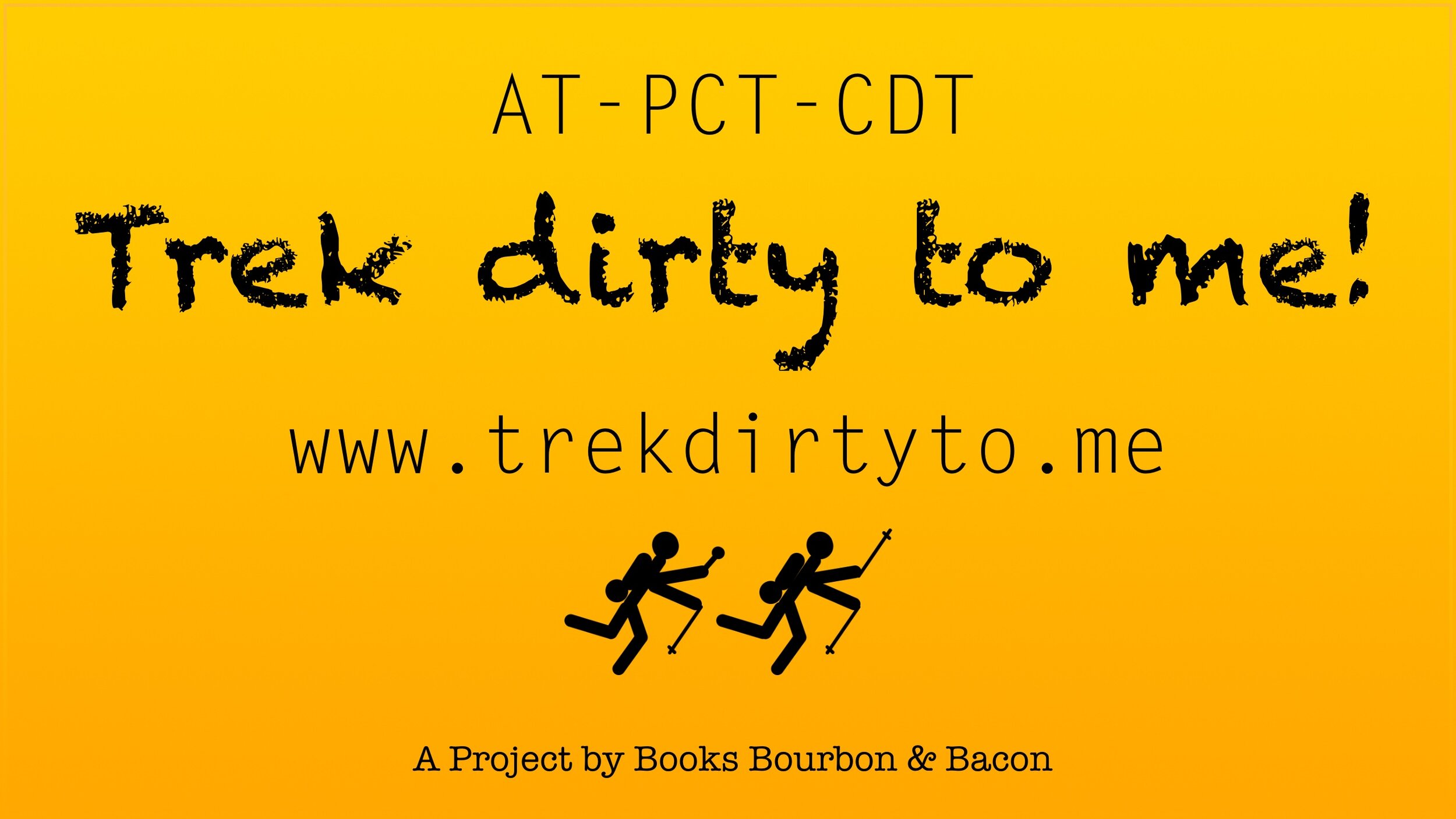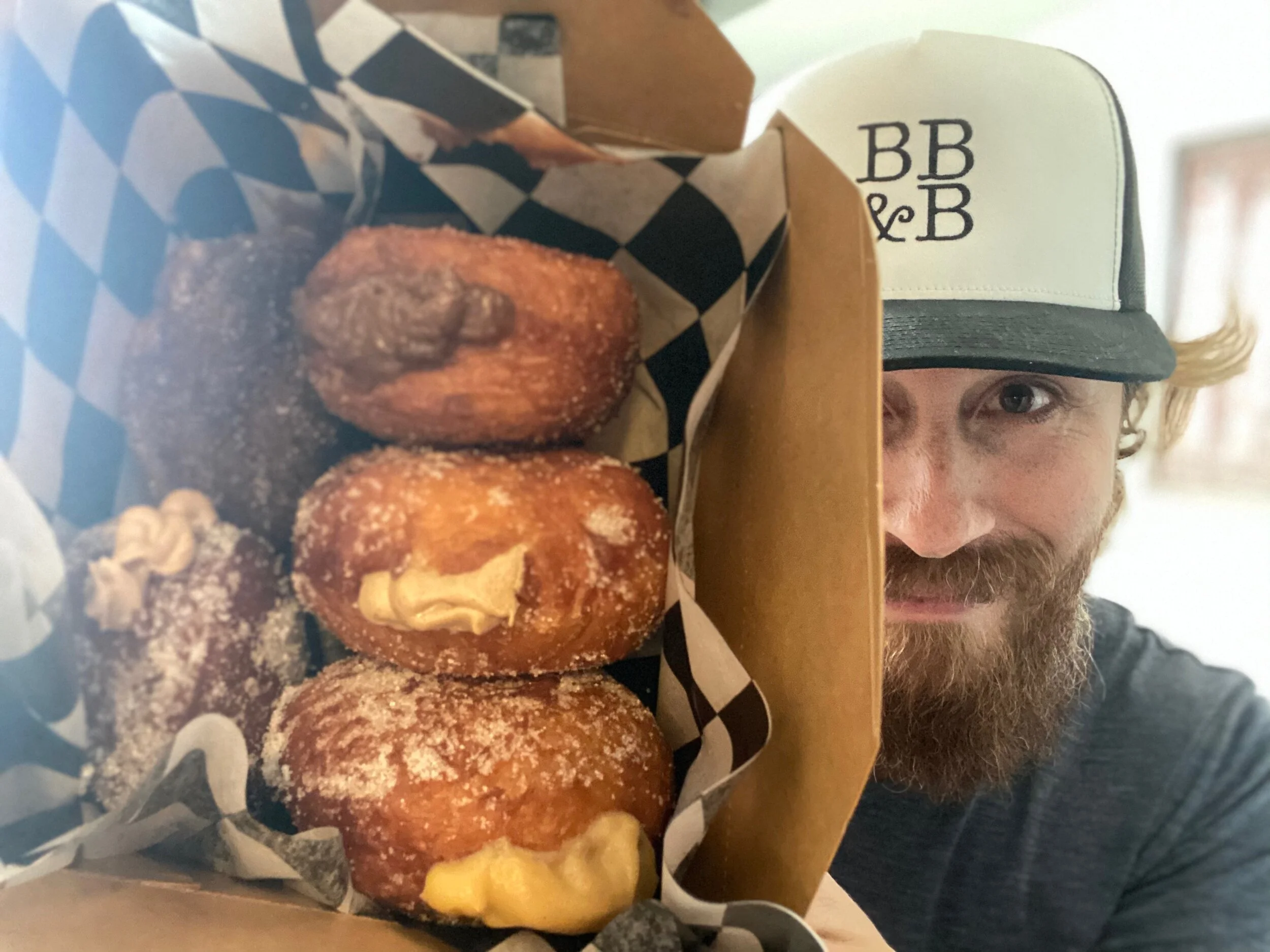Trek Dirty to Me: 33 days until it is north to Maine on the AT, and I've decided I will intermittent fast during my thru-hike.
by AJ Feeney-Ruiz, Bio, @ajfeeneyruiz, Guthook: AJFeeneyRuiz, Email
While I have discussed it in the larger updates on my pre-trail fitness and nutrition plan here and here, I’d like to dedicate this post to just my experience with intermittent fasting and why I have now decided to keep it going during my 2,200-mile thru-hike of the Appalachian Trail.
I will not get too far into the nuts and bolts or science regarding Intermittent Fasting (IF) since there is a an ever-growing wealth of knowledge and studies available out there. Try Googling it. What I will do is direct you to the free Zero App that I have been using since I started and where I was able to do my preliminary research and track my progress in several key areas.
In a nutshell, intermittent fasting is when you compress your eating into a window of time that can go from 12 to 1 hour. The 12 to 23 hours during which you are not eating is your ‘fast.’ Most folks fast during the period that they are asleep, so the actual fasting window becomes less daunting.
There are a whole slew of health and longevity benefits that have been recorded from doing these daily fasts. Most practice IF as part of a weight loss plan. I initially chose to do IF for this reason, but it is the other benefits that I have experienced and that intrigue me that will keep me going during the challenging thru-hike in my near future.
I have certainly lost weight using IF as part of my regimen, but it was the dramatic decrease in my resting heart rate (a typical benchmark to assess fitness - the lower the better…usually) my more than 10bpm that immediately caught my attention.
My increased sleep hours and ability to sleep soundly for longer periods of time was the second big “Whoa!” My sleep had been abysmal through December, with my typical evening’s rest logging a pathetic 3-4 actual hours of sleep. After two months doing IF, I have upped that to a solid 7 hour average a night. The extra hours of actual sleep have done wonders for my physical and mental health.
While difficult to empirically quantify, I have experienced a huge increase in energy. I describe it sometimes like I feel as if I am walking on clouds. My skin, hair, fingernails all seem firmer or stronger. My ability to put on muscle has increased in relation to what I was able to do five years ago. Minor injuries have healed faster than has been normal recently. Chronic pains have all but disappeared. And there is also the net weight loss of about 35lbs (16kg), though there is no way to assess total fat loss or muscle gain until I have access to better measuring devices.
Of course other factors like diet and exercise and climate can contribute to these results, but I have played with these variables before and without these current benefits. The closest I have come to these circumstances is while training in Shaolin Kung Fu in China in 2015. Intense training, climate, and diet. I achieved similar physical and mental results (although I did not have an Apple Watch to measure specific things like sleep and heart rate back then). The common denominator? I fasted (unintentionally, but due to discipline and a regimented schedule) for 14 hours a day, every day.
Okay. So how the hell am I expecting to fast while hiking for 6 months on a 2,200-mile trail while burning (on average) between 4,500-5,500 calories a day? Fortunately my on-trail diet is fairly simple and mobile. I can easily have my Huel-based meal shakes while on the go and can fit them into a desired window.
While I am currently doing an OMAD (One Meal a Day) version of IF (23 hours fasting and 1 hour eating), My plan is to drop this to what will most likely be a 16:8 fast (16 hours fasting and an 8 hour eating window). I have spent the last two months experimenting with intense physical training while fasted (burning up to 4,000 calories/day or more in some tests) and can perform at a high level comfortably until about hour 18. While I can still perform after hour 18, it’s not particularly pleasant, but it is possible.
What does this mean? I can wake up, strike camp and get rolling for the day. At 10am or noon, I have my breakfast (breaking the fast) and then have an 8-hour window to consume my desired calories that are already easy to track (thanks to my modular diet plan). This takes me to 6pm or 8pm (depending on what sort of fast I decide to do) and I have yet to have eaten a meal past 6pm without a degree of effort in the last two months of IF.
This give me freedom to dine at trail institutions/restaurants/bars from breakfast time to dinner. I can adjust my fast as needed if I need to shift the window to accommodate owners or fellow hiker friends. I know that I will get my nutrition in and be able to physically perform.
I made this decision for three reasons:
The health benefits I have already described.
I was honestly beginning to stress myself out as I contemplated no longer incorporating IF into my days. My body has become accustomed to the fast and the side effects. My mental clarity has never been better as well, and I was not prepared to sacrifice that for a traditional hiker dining schedule that is only “traditional” because nobody has really tried to do something different and document it.
Science! Because, as mentioned in #2, this is pretty new, I wanted to get 2,200 and 6-7 months of thru-hiking while practicing IF in the books to show others the ups (and quite possibly downs) of attempting this. I have already committed to a primarily liquid meal replacement diet (which seems to be unique), hiking in barefoot shoes (which is rarely done), and have decided to have actual scientists do pre- and post- thru-hike assessments of my overall health and fitness at the National Institute for Fitness and Sport. So why the hell not try something else out? For Science!!!
-AJ
For Science!






My first Father’s Day.